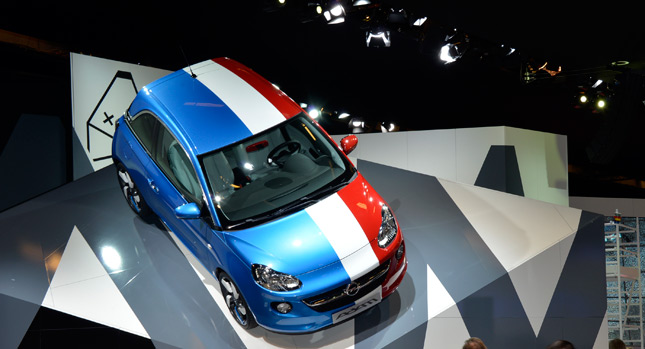After the U.S. market meltdown, which resulted in General Motors and Chrysler receiving a bailout, the two automakers along with Ford recovered quickly and are now posting near-record profits.
However, it seems that Detroit’s Big Three have to face the fact that, even though their sales are blooming in most parts of the world, the European debt crisis will put their local operations in the red.
According to a report from the Detroit News, GM’s Opel/Vauxhall and its French partner PSA Peugeot Citroen, Ford of Europe and Fiat will lose a combined US$4 billion this year because sales in the Old Continent are slumping to their lowest levels since the mid-1990s.
Adding insult to injury, the situation looks unlikely to improve any time soon.
“We’re not going to see a return to pre-crisis volumes for the foreseeable future”, IHS Automotive analyst Tim Urquhart told The Detroit News, adding that European automakers will have to face “a long and hard recovery”.
One way for automakers to deal with the problem is to follow the U.S. example; i.e. shutting down plants, terminating dealership contracts and, in general, cut down on their losses.
Unlike the U.S., though, European governments are not willing to cooperate and let the automakers close down their plants, as this would further increase unemployment and worsen the crisis. Moreover, workers’ unions are much more powerful than their North American counterparts are.
Another difference is that, unlike the Detroit Big Three in 2008 and 2009, European carmakers are not completely strapped for cash: even PSA Peugeot Citroen has around US$13 billion in cash and credit lines according to Deutsche Bank analyst Gaetan Toulemonde.
Moreover, the situation is not uniform: the markets that suffer the most are those in Southern and Western Europe, and not all automakers are in the same position.
The VW Group, for example, is doing better than ever – something that has spurred a war of words with Fiat-Chrysler CEO Sergio Marchionne who accused the Germans of using their China profits to lower their prices in Europe thus creating “a bloodbath”.
While many European mass-market, auto manufacturers’ plants are running below 70 percent of their capacity, those of VW are operating at 93 percent since the German group’s brands keeps launching one model after another.
Fiat, on the other hand, is short of new models and relies too much in its home market, which has hit a 40-year low. Opel, despite having a broader model range, is in no better position, having lost US$16 billion in the past 12 years. GM has denied repeatedly that it plans to get rid of the brand, as some analysts suggest, and hopes that its strategic alliance with PSA will create synergies, which will result in savings of more than US$2 billion.
Ford Europe, despite launching 15 new models, is also considering lowering its capacity, with spokesman Mark Truby stating that the company is “reviewing all area of the business to address current market conditions and take appropriate steps.”
By Andrew Tsaousis
PHOTO GALLERY











